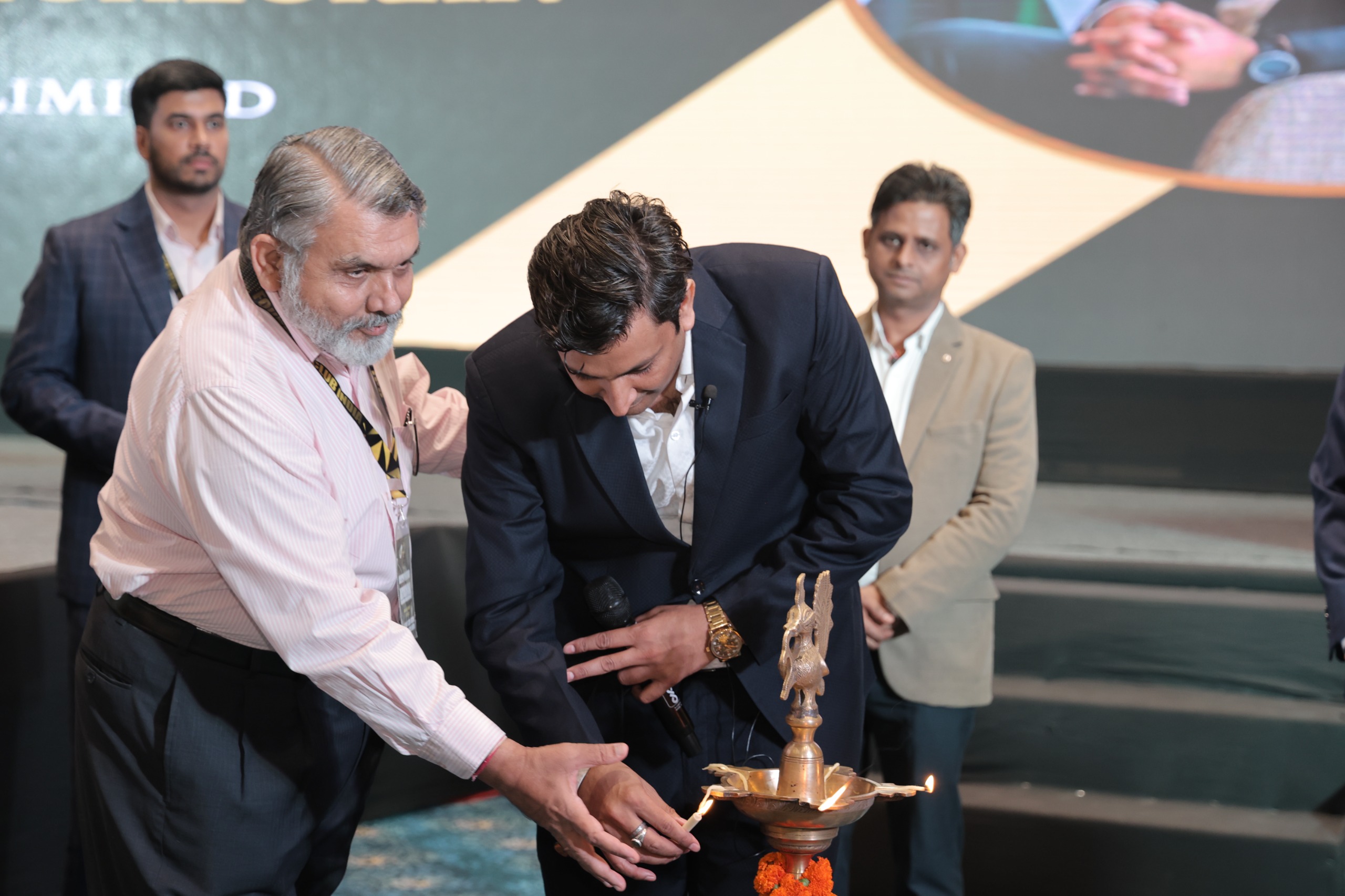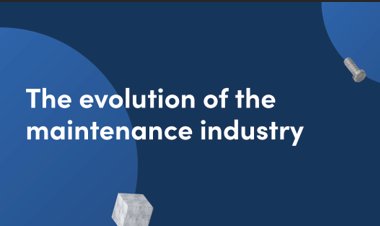Kotak AMC's Nilesh Shah Suggests 84-Hour Work Week, Sparks Online Reactions
Nilesh Shah's proposal for an 84-hour work week, resonating with Narayana Murthy's 70-hour suggestion, has spurred debate, signalling a drive towards East Asian work values in India. Shah, MD of Kotak Mahindra Asset Management, sees this as vital for India's advancement and social mobility. Economist Sanjeev Sanyal supports Shah, yet social media reactions vary, with some emphasising hard work's importance and others highlighting concerns over work-life balance, mental health, and fair compensation. Shah's proposition has ignited a broader discourse on India's work ethos and societal standards.

Nilesh Shah's proposal advocating for a shift in India's work culture to accommodate an 84-hour work week has sparked significant discussion on social media. This echoes NR Narayana Murthy's suggestion of a 70-hour work week, which stirred controversy a few months ago. Shah, the Managing Director of Kotak Mahindra Asset Management Company, emphasised the need for India to adopt a 12-hour workday culture, similar to practices in China, Korea, and Japan, to fuel faster growth. In a podcast discussion titled 'Invest Aaj For Kal with Anant Ladha', Shah argued that the extended work week could expedite the nation's progress and facilitate upward mobility to middle and upper-income brackets for individuals.
In a clip going viral on social media, he said, "Charlie Munger wrote in one of his books that people in Korea worked 84 hours a week for one generation. That means 12 hours a day, every day, every month, every year."
Nilesh Shah's advocacy for an extended work week of 84 hours, citing Narayana Murthy's suggestion of a 70-hour work week, has stirred controversy and ignited a debate on social media. Shah emphasised the need for Indians to emulate the work ethic of countries like Korea, China, and Japan to accelerate India's growth and alleviate poverty, transitioning more individuals into middle and upper-income brackets.
Economist Sanjeev Sanyal echoed Shah's sentiment, agreeing that one generation must commit to such efforts while balancing family responsibilities. This perspective, shared on social media platform X, spurred further discussion among users, with opinions divided on the feasibility and implications of such long working hours.
While some users supported Shah's stance, acknowledging the necessity of hard work for national progress, others raised concerns about the practicality of maintaining a work-life balance and the potential negative impacts on mental health and productivity. Some highlighted the importance of fair compensation and cautioned against the notion of privilege inherent in such proposals. Shah's remarks have sparked a broader conversation about India's work culture and societal expectations.




































Comments (0)